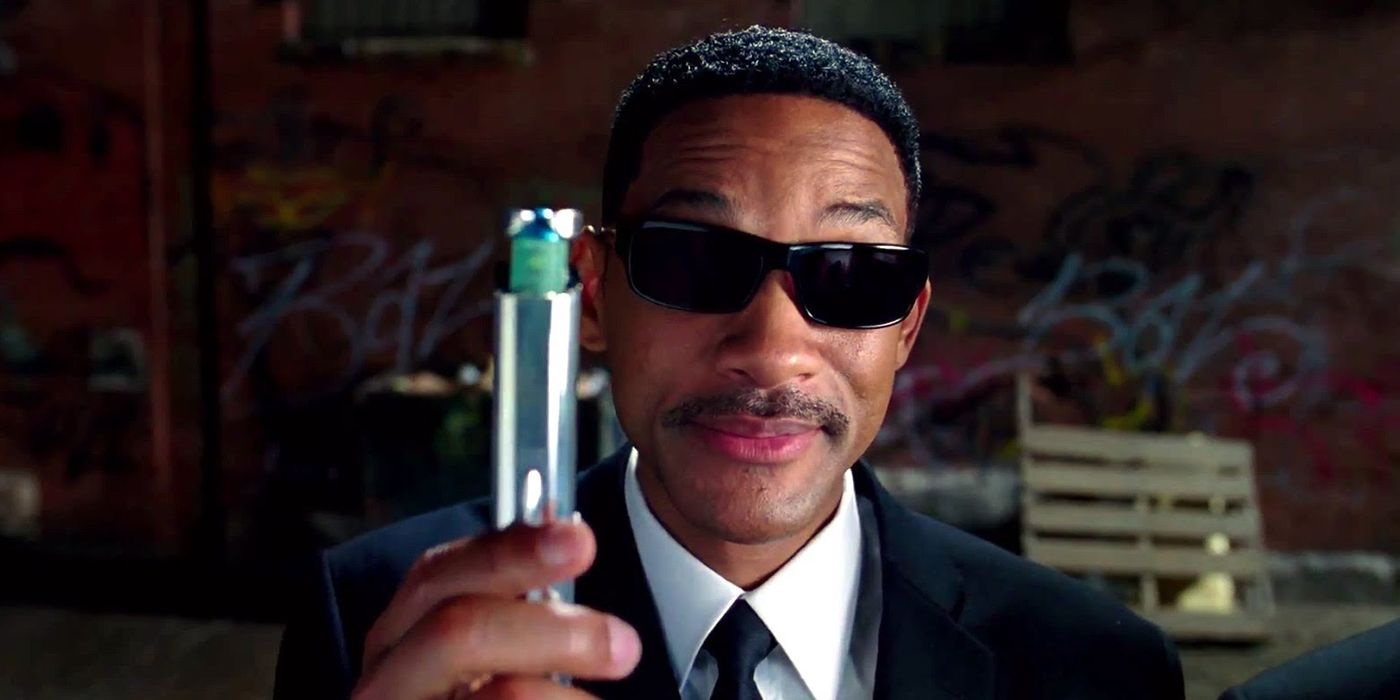And don’t forget James Cameron owns the Avatar rights. Disney just distributes it. He created it. He wrote it. He owns the rights. So of course he deserves to make the most out of everyone.
Don't think anyone has a problem with that. But as much as people just love to complain that execs get paid too much, you see the numbers above with Cameron. Not saying he doesn't deserve it, but 95 to him up front? Say he took 85 instead. Still a monster fee, still he can pretty much do anything in the world he wants with that. It doesn't change his life one tiny bit. However, that 10M would hire a lot more people for Avatar 2, or could raise the rates for the lower people on the spectrum dramatically. Avatar 2 had a budget and for him to get that big a chunk meant they couldn't spend that money elsewhere. Same with actor's getting those mega checks. I'm not debating the 'do they deserve it aspect', but i'm saying, they take a small portion less that will not affect their lives at all and everyone does better. Same thing applies to execs, but on a smaller level. Iger got what? 30ish last year? Disney overseas, what? 50? 100? productions a year? he takes 5M less, does it affect much of anything across those productions? Not likely.
Studio's need to be more financially responsible with what they make and how they make it. No question there. They need to be more financially responsible with the execs, no question there. However, that chasm between the top stars and everyone else gets bigger every year and that makes it much harder to pay everyone else as well. People generally don't want to acknowledge that bit.
Beetlejuice 2. We don't know the production budget (but say a very high number, 200M), Keaton and Ortega will likely be in the 20M range. So, on the low side these days for the big stars, but still, that's 40M of your 200M budget. When 1 or 2 people eat 20%, it's less for everyone else mathematically speaking. 160 is plenty to pay everyone decently and make a good flick. But while the stars fees probably don't change much, it's a very different ballgame if the budget is 100M isn't it?
The point of offloading money to the backend (for me anyhow), is Harrison Ford is absolutely NOT contributing 50M worth of ability to the making of IJ5. He's not. Not at all. He gets the money due to the draw they believe he brings to the theaters. Same with the Rock, RDJ at his height of IM, etc, etc. RDJ got his mega payday because Avengers did so well, not because he demanded a giant fee up front would be the prime example. Sure, you can bust your butt and turn in an Oscar caliber performance, but if no one sees it, you didn't earn a mega paycheck for it in the end did you.
Royalties are earned from things that do well. People keep paying to see it one way or another. If people don't want to watch it, HBO isn't going to pay to air it on HBO or HBOMax, or whatever they want to call it. People won't buy the DVD, Netflix won't pay to stream it and TBS won't pay to air it on TBS or TNT, etc. So, you can easily say the royalties are earned because they're continual income from the work done. The trade off there would a studio paying everyone a flat fee in lieu or royalties. They don't want to do that, though, because they lose money on things that fail to generate secondary income. They think that loss is greater than what they pay now in terms of royalties for things that do well as everyone believes they cook the books.
The writer or extra or small part actor on TV show or movie that sucks doesn't make anything in royalties. Only on things that continue to make money. They aren't living on royalties from work that never garnered an audience or weren't good to begin with. The stars of something like Friends should be making good royalties to this day as it is still popular, still sells dvds, still drives people to streaming to watch it, and TBS still pays to air it. They aren't doing that because the studio did squat. They're paying still because of the actors, writers, etc. I think the hesitation with money from streaming is talent seems to think studio's are raking it in on streaming. That does not presently seem to be the case with Warner and Disney yanking stuff so they don't have to pay royalties and to get write-offs because the services aren't making money. You think they'd accept streaming royalties contingent on the profitability of the streaming services? I think that's the issue. Studio's don't want to admit they are losing money on steaming publicly. They all wanted to jump in to take the pie from Netflix and didn't know the full extent of what they were getting into. It goes public and some of these avenues likely go under and people start getting in trouble. The boards know what's going on most likely, but when it stays boardroom business it doesn't hurt the big picture.


